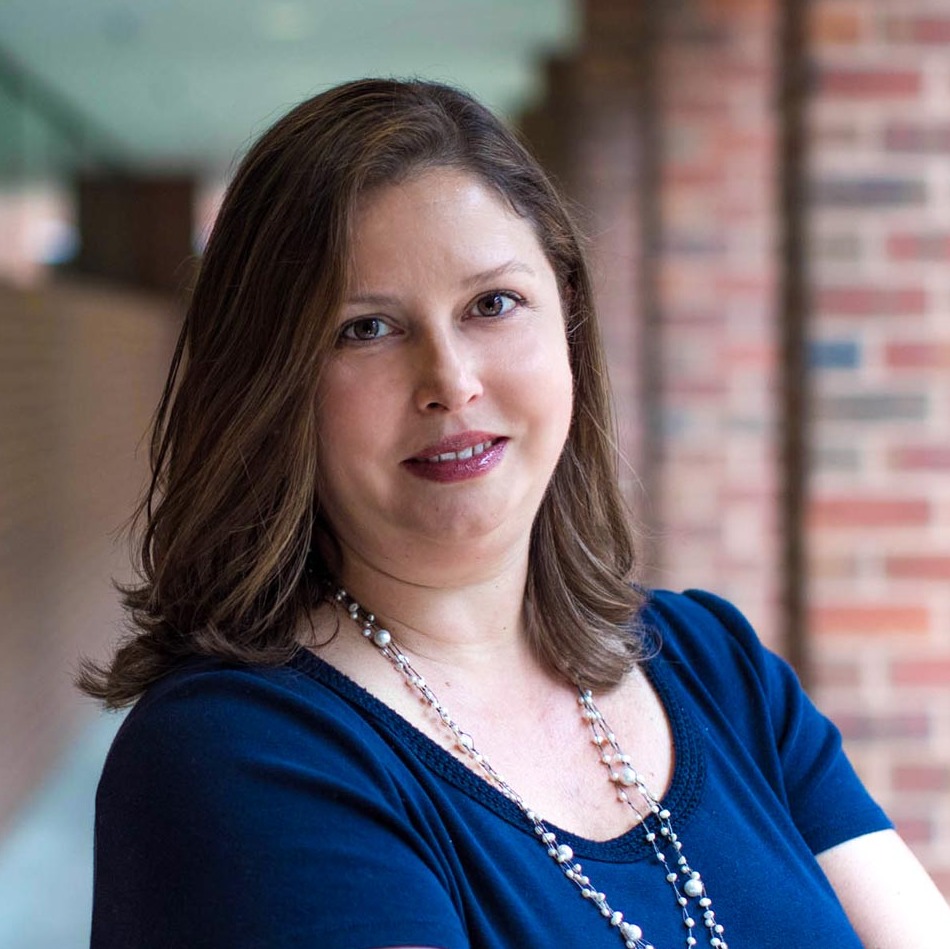Interactions are at the heart of healing. Yet we often overlook that our connections are inequitably distributed across the children in our classroom. Who in your care is most connected to you? Who approaches you for comfort or to share something from their personal life?
Join Amanda Wiliford, P.h.D. of the University of Virginia, as she explains the difference between relationship equality and equity and offers some research-based advice on what you can do about it. She’ll then share strategies for overcoming challenges to creating positive relationships with learners.
This webinar took place on July 23, 2020.
Complete the form to watch a recording of the webinar.

I conduct research exploring how young children best develop school readiness skills, with special emphasis on the development of social-emotional skills. My primary research focus is on developing and evaluating classroom-based, interventions for young children who display disruptive behavior problems and/or deficits in behavioral and emotional self-regulation. I am also interested in state efforts to increase high quality early education opportunities.
My clinical training and expertise is in the assessment and treatment of young children (infants through third grade) particularly in the assessment of externalizing behaviors and in early childhood mental health consultation.
I use behavioral, cognitive-behavioral, and attachment orientations and I focus on the use of empirically-supported treatments.
I mentor Ph.D. students in the Clinical & School Psychology Program and the Educational Psychology, Applied Developmental Science Program who have strong interests in conducting applied research in areas that are aligned with my research expertise. Undergraduate and Master's students participate on many of my projects as research assistants (for course credit and/or for pay).
As the trusted leader in CLASS-driven measurement and mentoring, Teachstone has the proven expertise schools need to nurture better student outcomes, one classroom at a time. With decades of early childhood education research as a foundation, we offer products and programs that help schools unlock the potential of great teachers, boost student outcomes, and create a culture of sustained excellence.